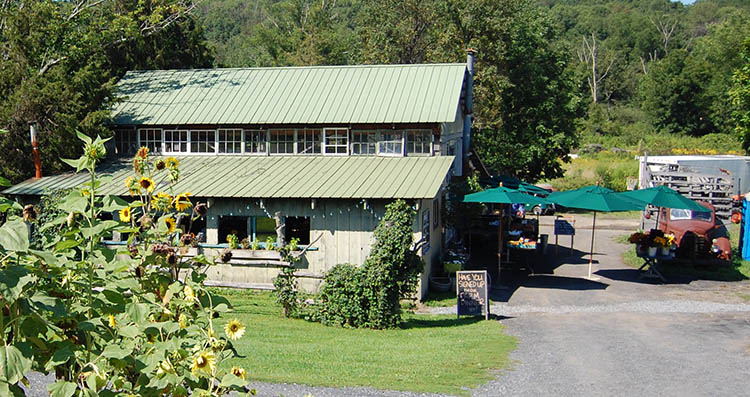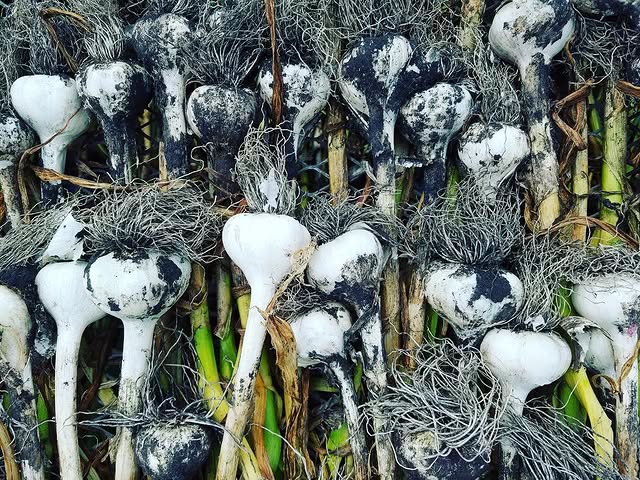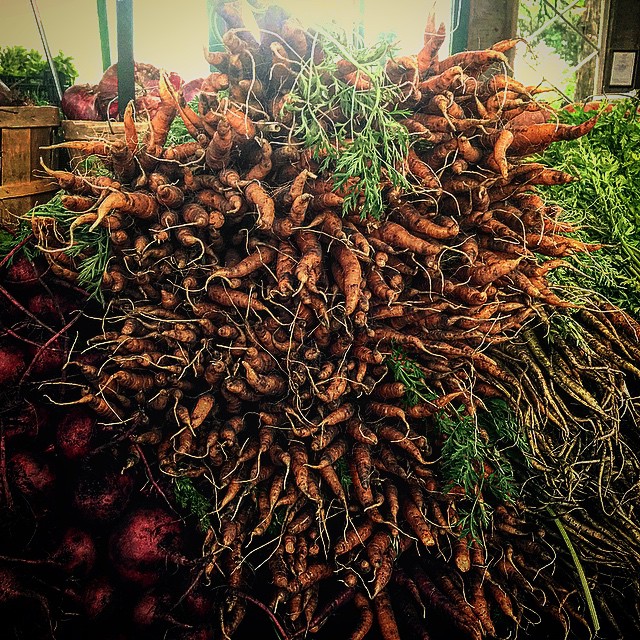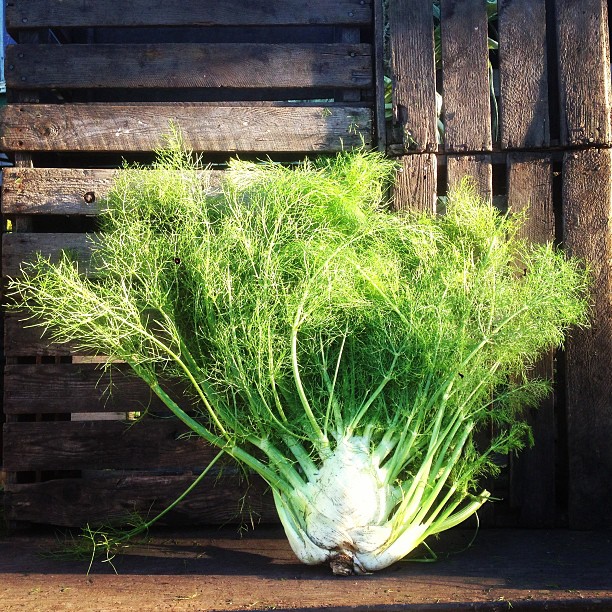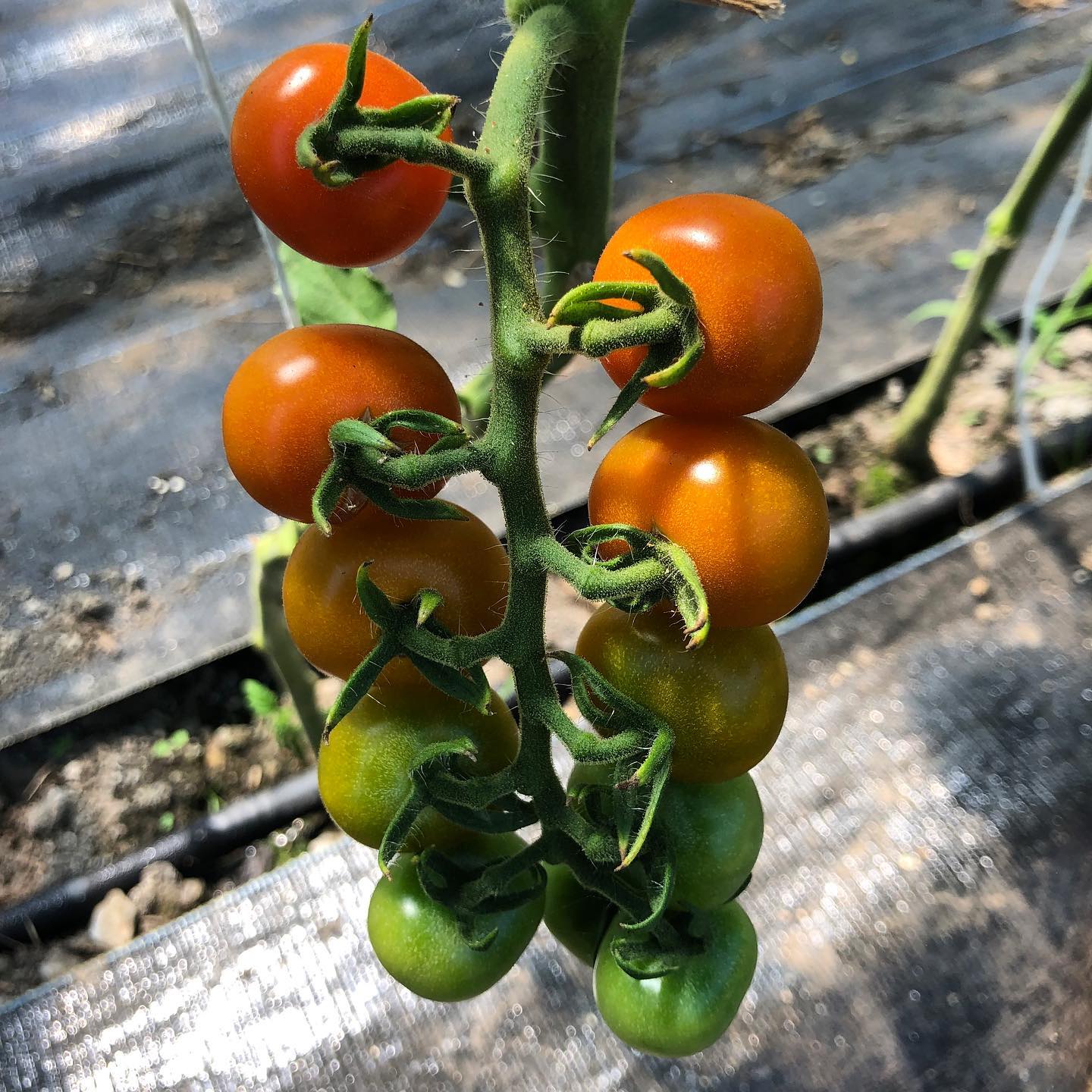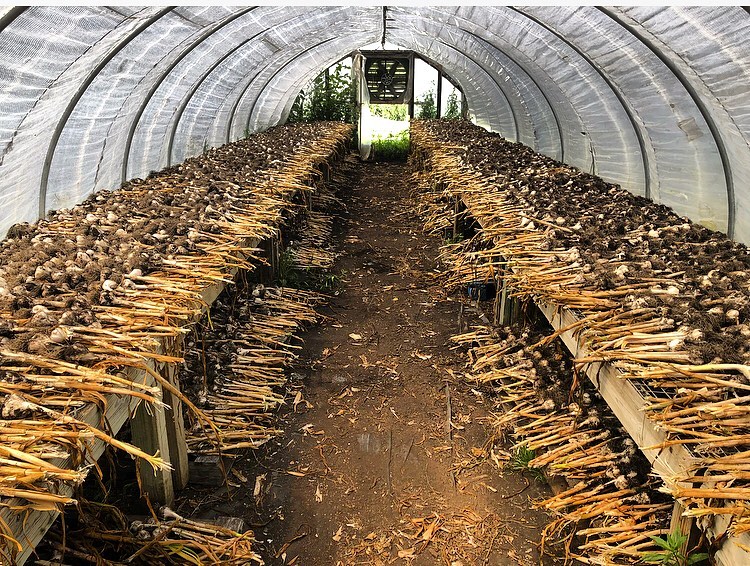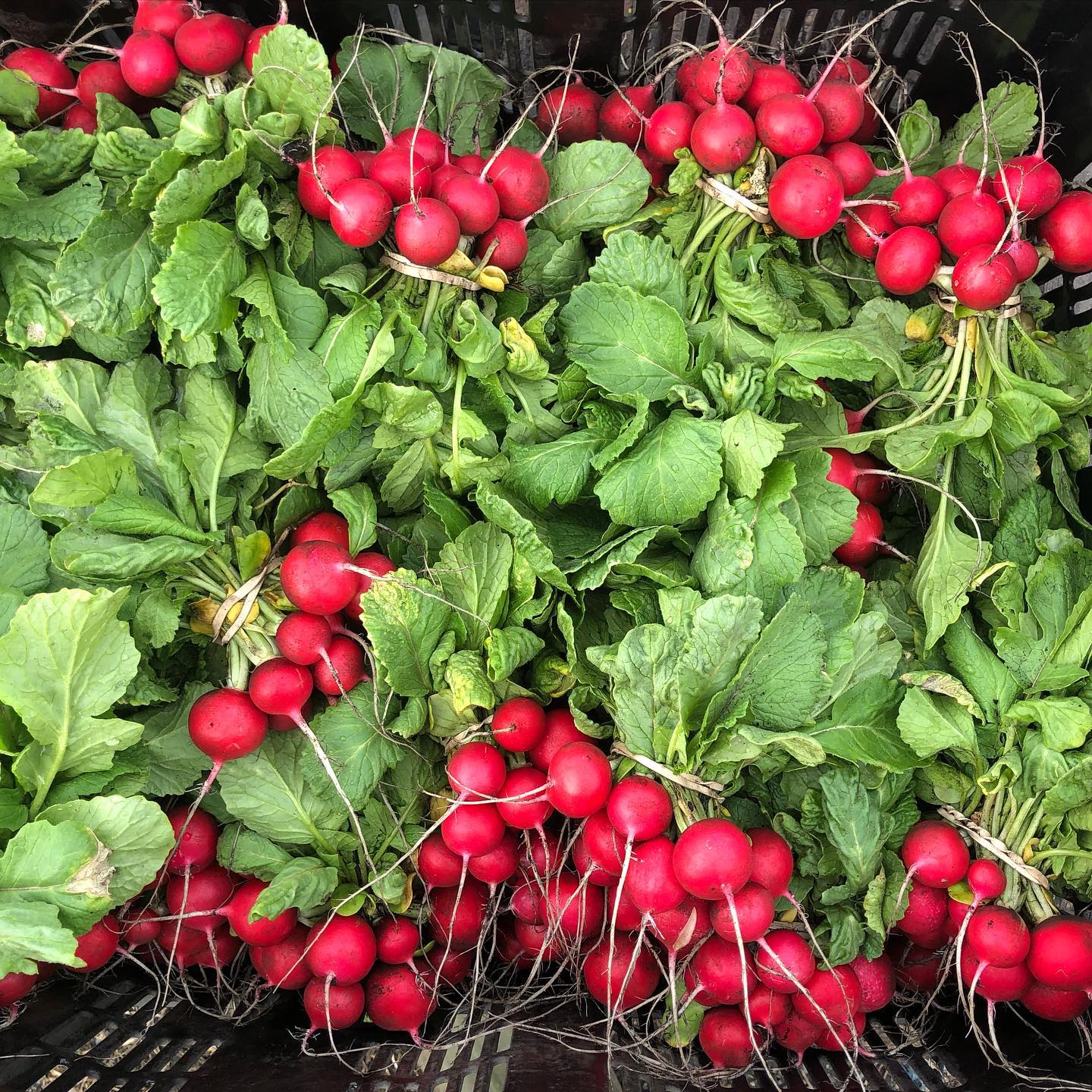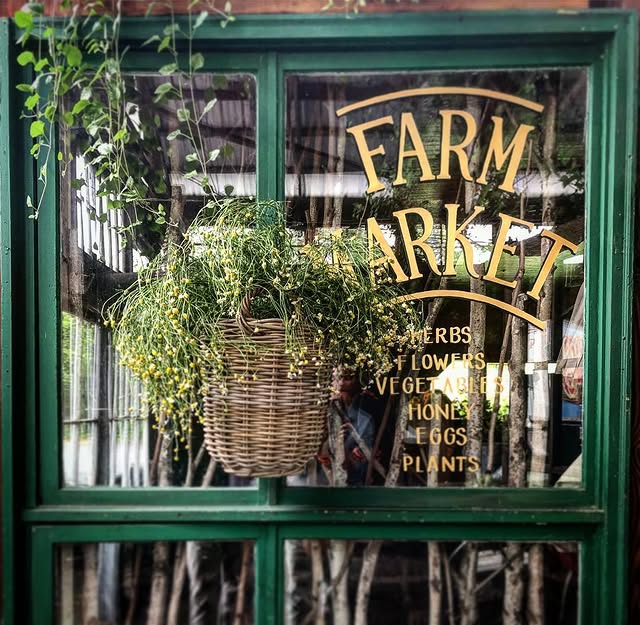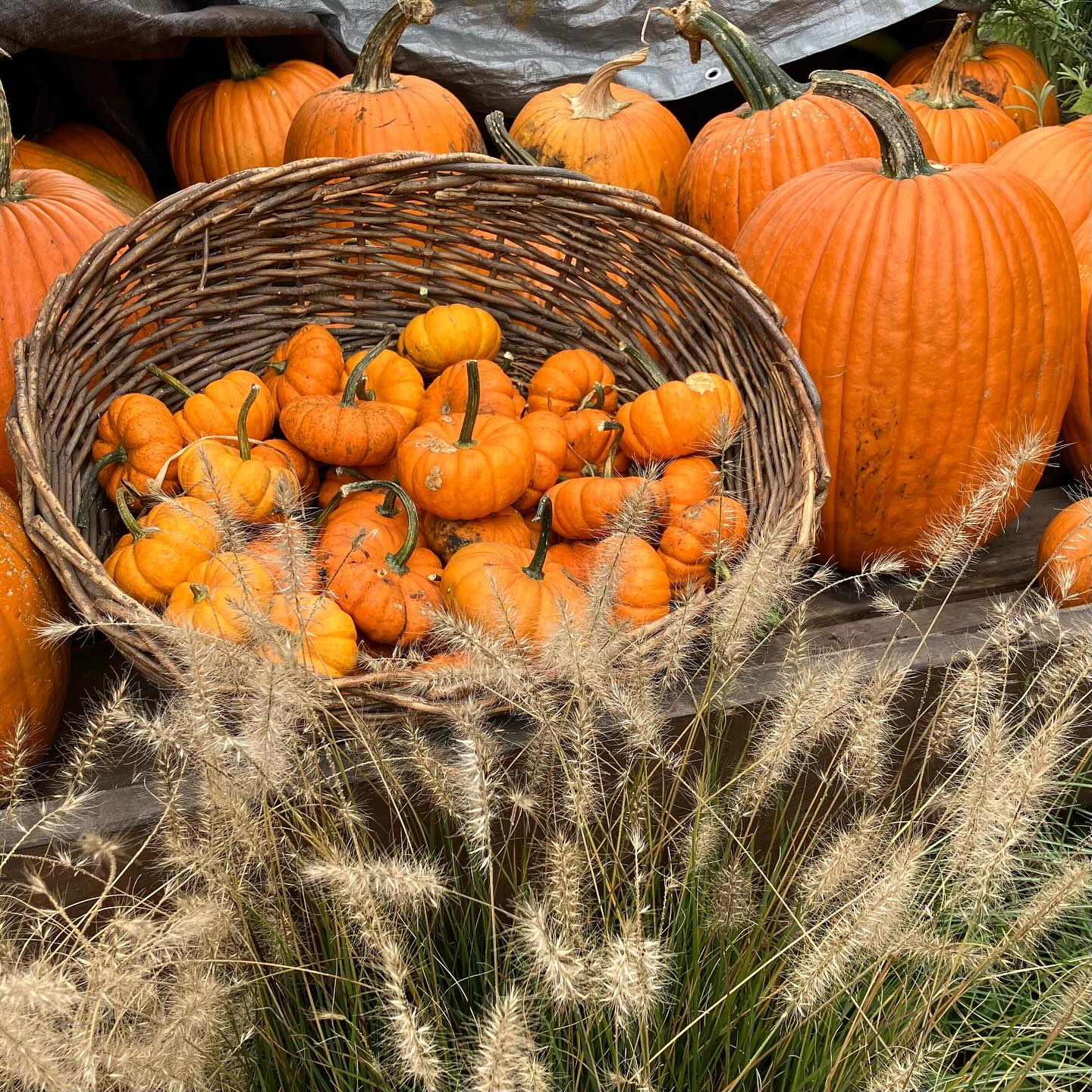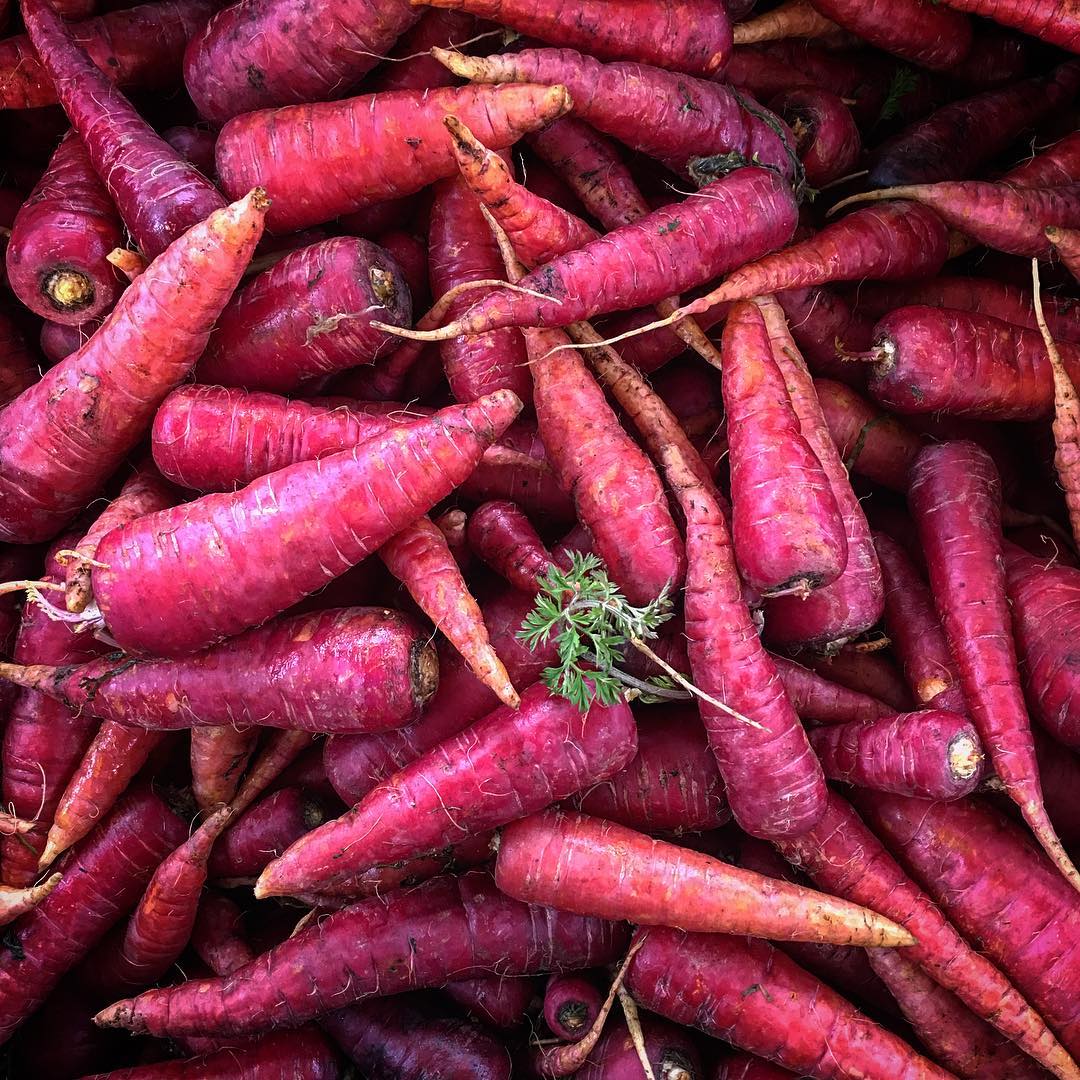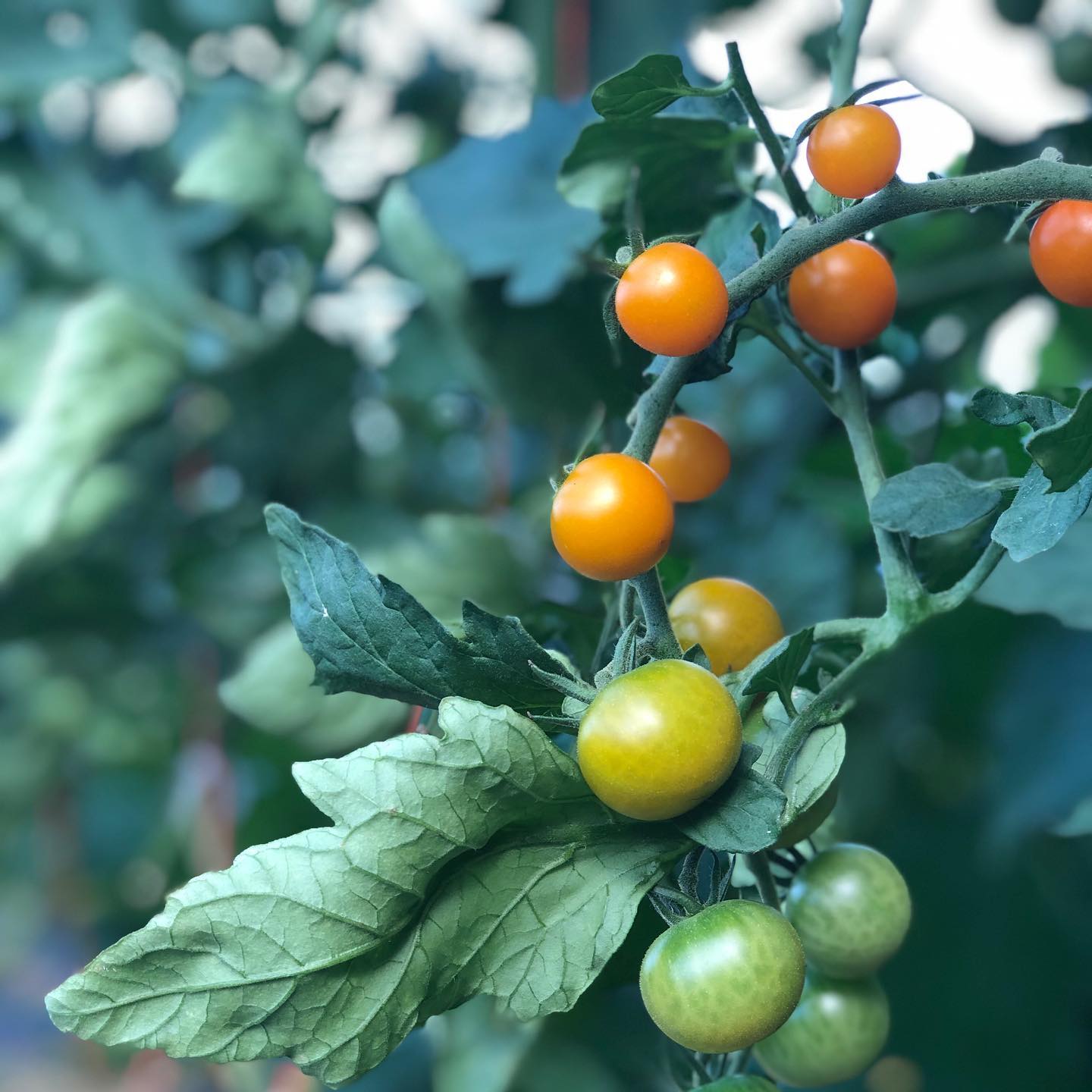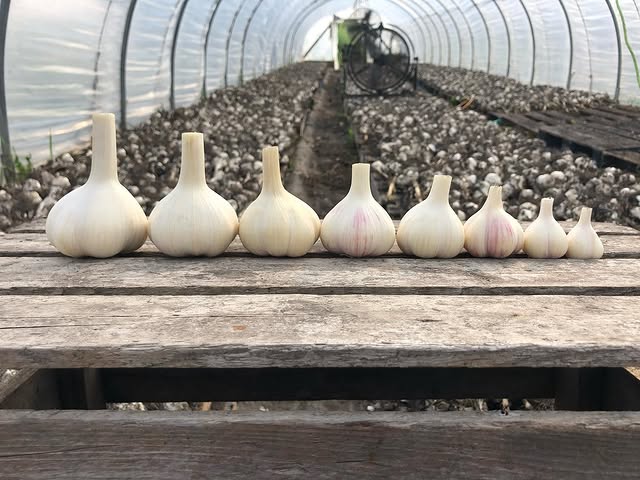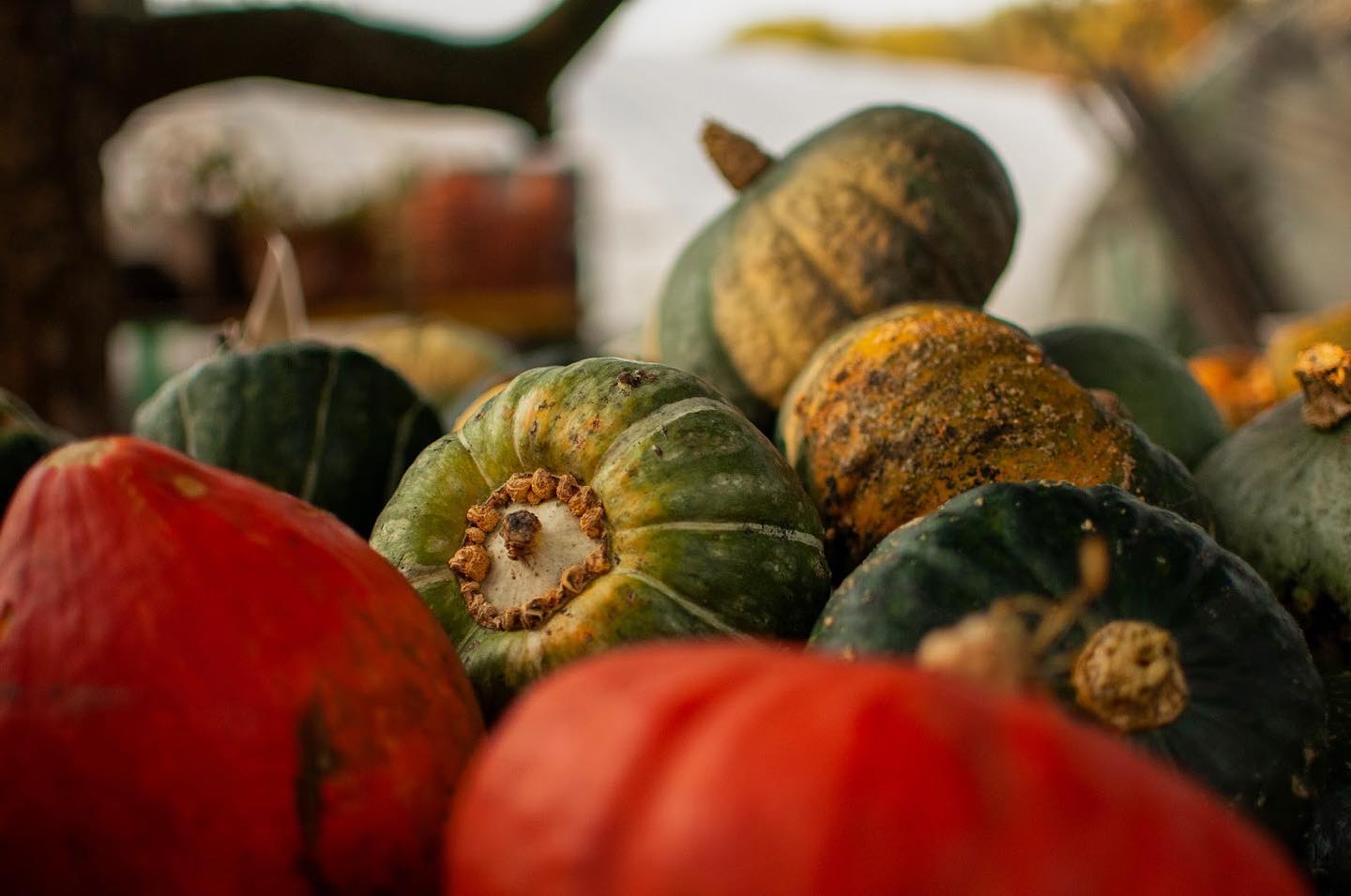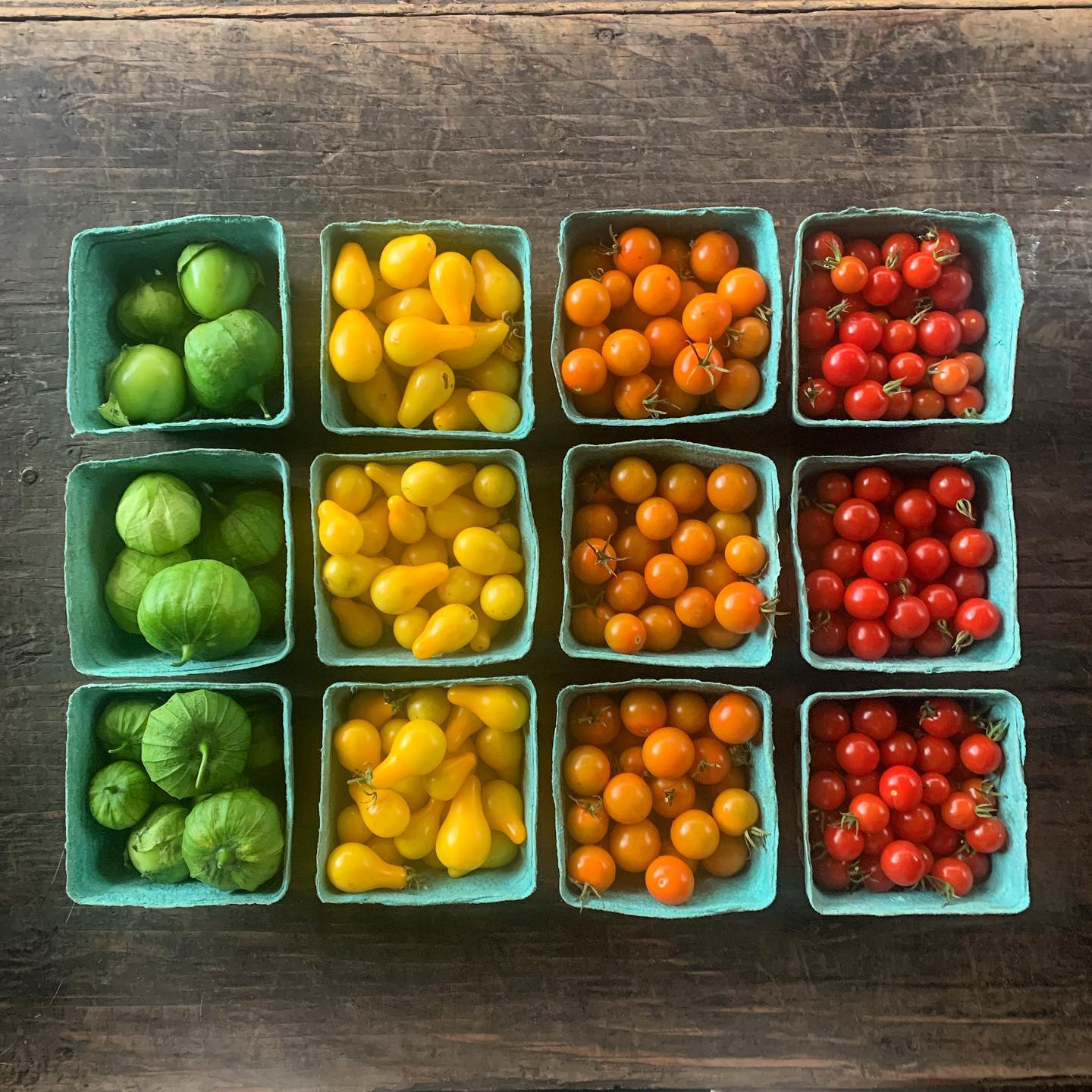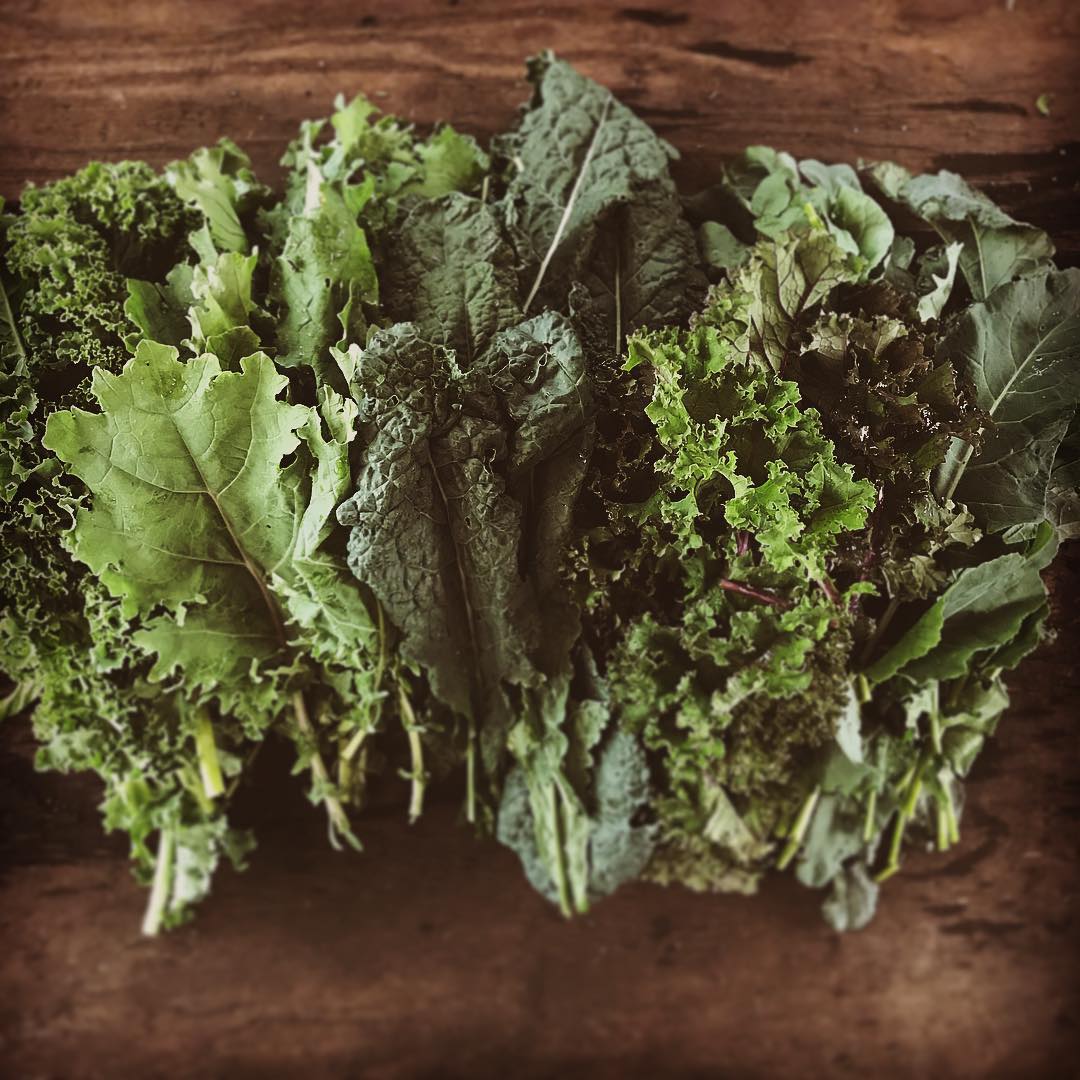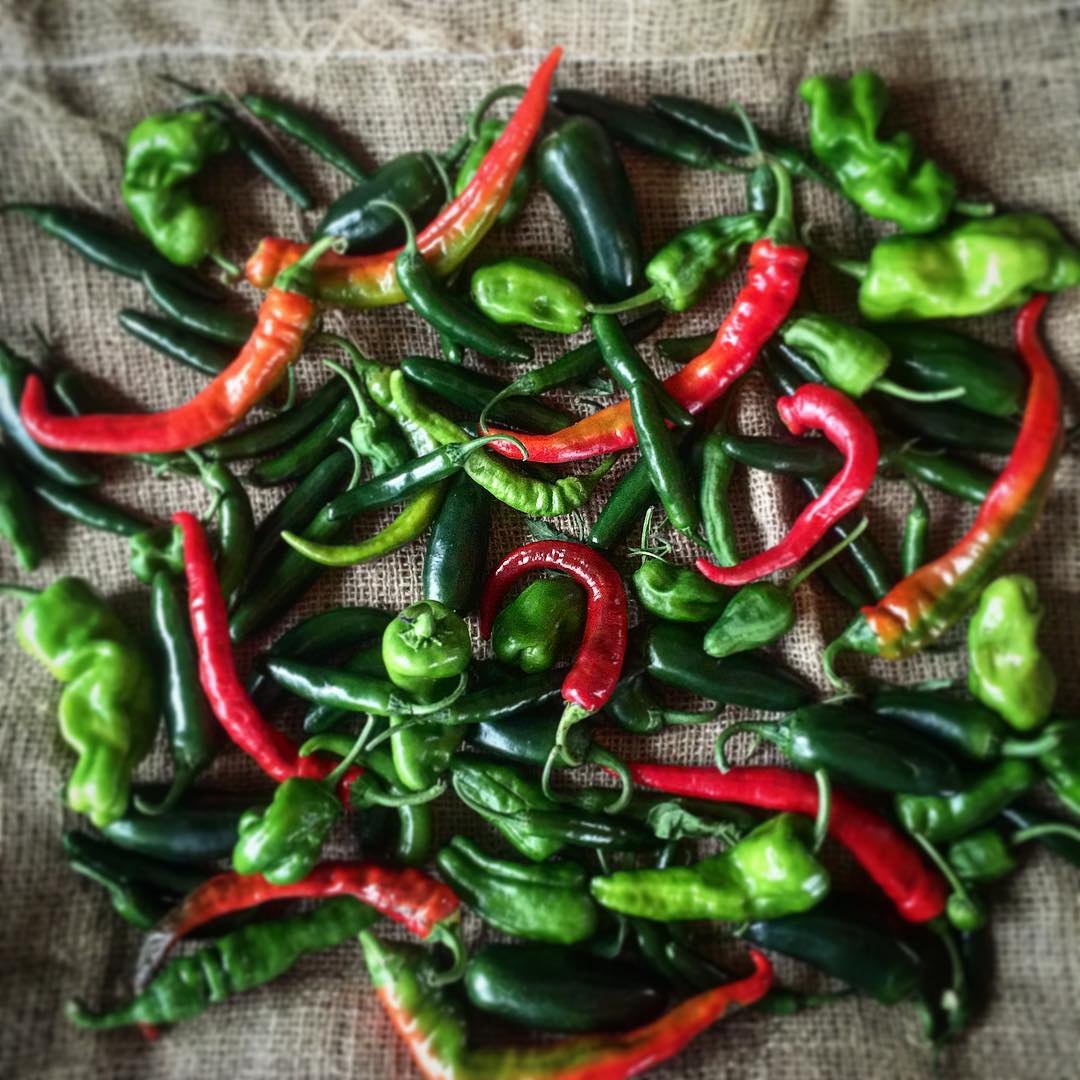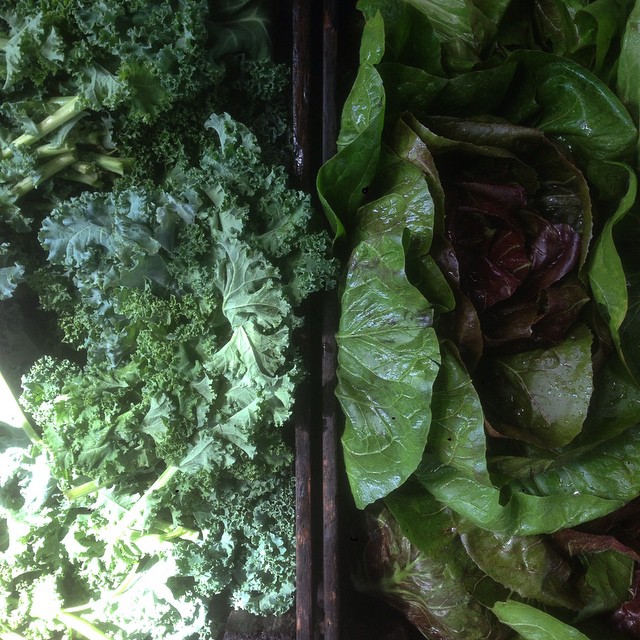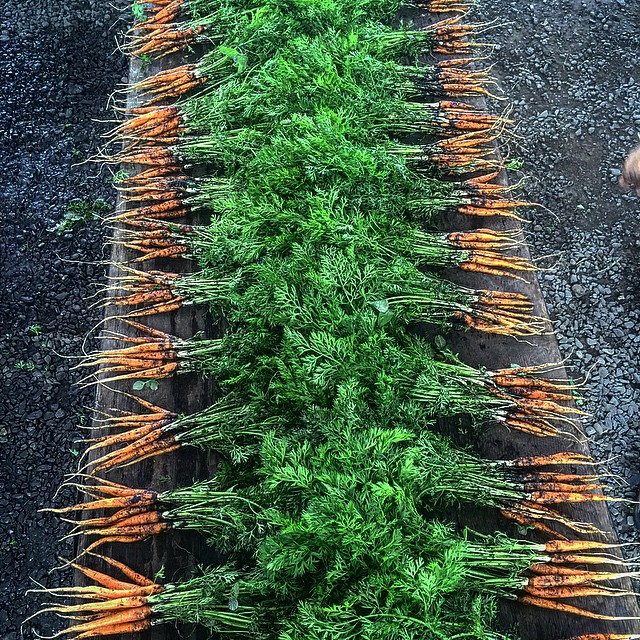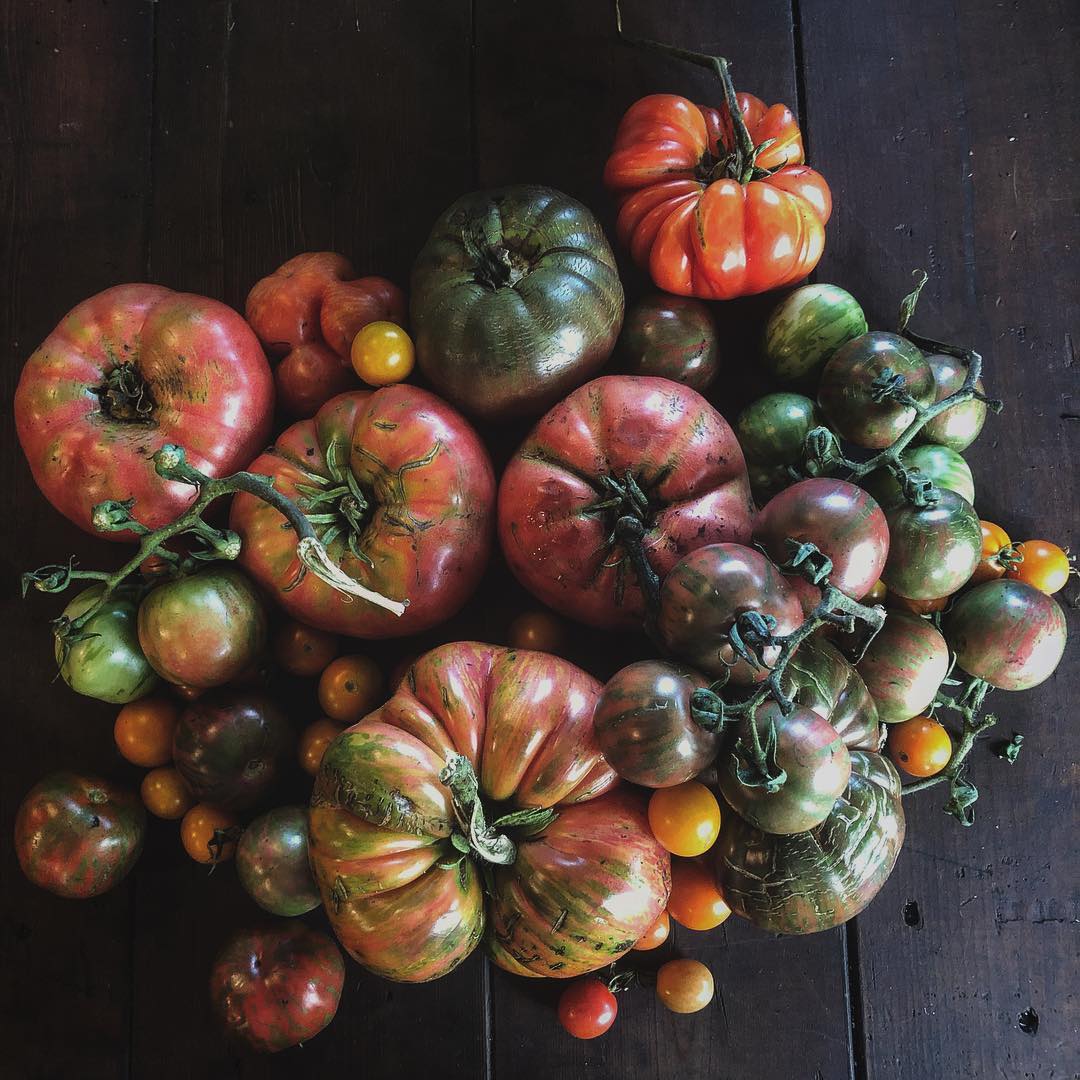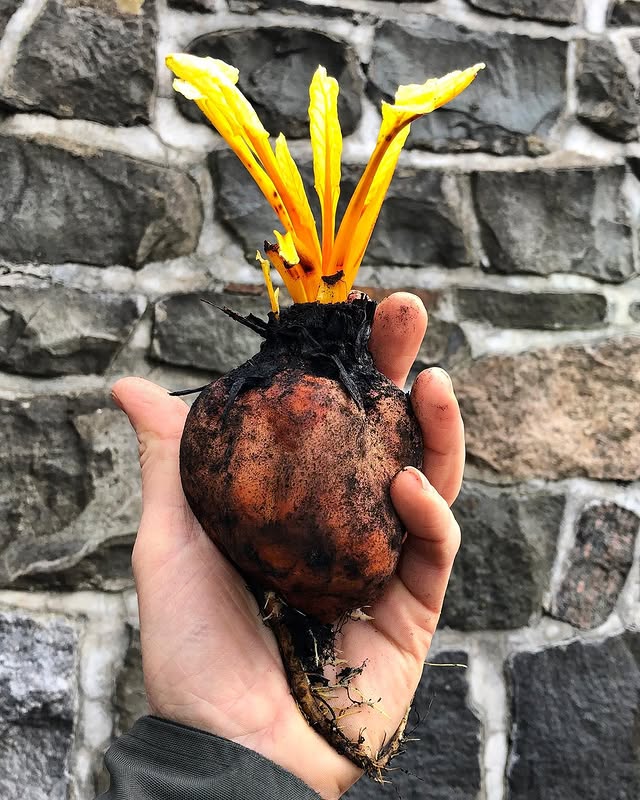What is Community Suported Agriculture?
Community Supported Agriculture, or CSA, represents a unique relationship between a farm and the local community of people who eat the food it produces. To explain it simply - CSA members choose to support a local farm by purchasing a CSA Share, and the farm then provides them with fresh local produce throughout the CSA Season.
--
When the farm has a successful season members benifit from a great selection of fresh produce, and if disaster strikes the farm is protected from financial ruin by the support of its members. A CSA share also gives members an intimate attachment to their food; they know where it comes from, how it was produced and by whom, and that they are making an investment in their local economy.
What's more, when implemented correctly CSA is a model of sustainable agriculture that works to cure many of the ills of modern agriculture; dependence on enormous scale to remain profitable - risks stemming from the unpredictability of a changing climate - dependence on government subsidies and taxpayer-funded crop insurances - tolerance towards environmentally, ecologically or morally unsound farming practices - unaccaountability to customers many links down an opaque supply chain. Community Supported Agriculture helps both the consumer of food and the farmer free themselves of all these harmful things and many more.
Much of the risks involved in farming stem from the fact that a farm is vulnerable to the increasingly extreme weather nature chooses to throw at us each season, and now more than ever it is important for farms to be protected from these extremes. The capital which a CSA program provides helps the farm avoid assuming large amounts of debt going into each season, which is unfortunately very common for the modern farm. CSA farms can pay for many of the big up-front costs at the beginning of the season such as buying seeds, paying labor to plant and start crops, run machinery, etc. with the funds from the CSA program.
As a CSA Member you can choose directly what agricultural practices you want to support through choosing which farm you get your food from. By selling directly to the people who will eat their food, with no middlemen involved, both farmers and customers get a fair price. Instead of being just a name on a label, the farm is an actual place - where people can see and take part in the production of their own food, where people can gather and eat, where a community can grow together. The farmers are actual people, whom you can meet and learn from, and who will in turn listen to what you have to say about the food that will feed you and your family.
